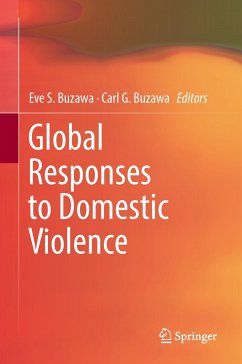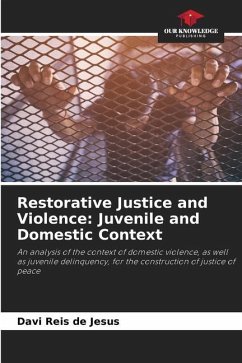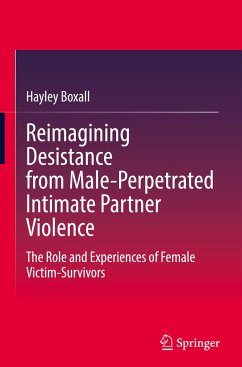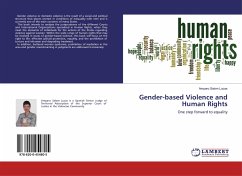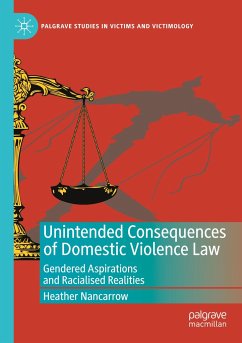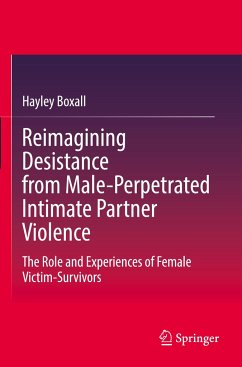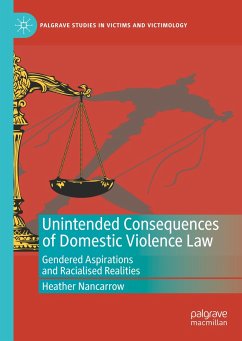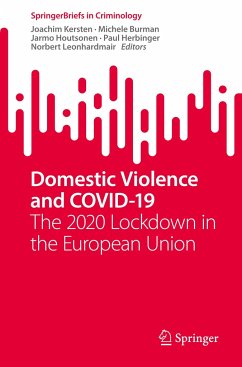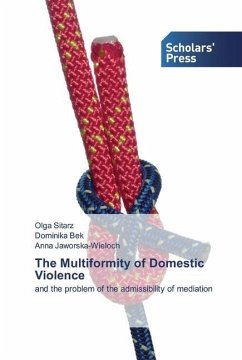
The Multiformity of Domestic Violence
Versandkostenfrei!
Versandfertig in 6-10 Tagen
30,99 €
inkl. MwSt.

PAYBACK Punkte
15 °P sammeln!
The use of mediation in criminal cases involving domestic violence is the subject of controversy. The United Nations Department of Economic and Social Affairs even suggests that mediation should be prohibited in such cases. Domestic violence is defined as a pattern of behavior designed to control a victim, and consequently, the trust, good faith and transparency necessary for mediation are likely to be missing. On the other hand, supporters of restorative justice point to the beneficial effects of properly conducted mediation on the relationship between the parties, psychological strengthening...
The use of mediation in criminal cases involving domestic violence is the subject of controversy. The United Nations Department of Economic and Social Affairs even suggests that mediation should be prohibited in such cases. Domestic violence is defined as a pattern of behavior designed to control a victim, and consequently, the trust, good faith and transparency necessary for mediation are likely to be missing. On the other hand, supporters of restorative justice point to the beneficial effects of properly conducted mediation on the relationship between the parties, psychological strengthening of the victim and rehabilitation of the perpetrator. In this book, we present the advantages and disadvantages of mediation in cases of domestic violence. We take into account the multiformity of domestic violence. The great difference is whether the victim is an adult and healthy person, whether he or she is a child, an elderly person or a disabled person.




